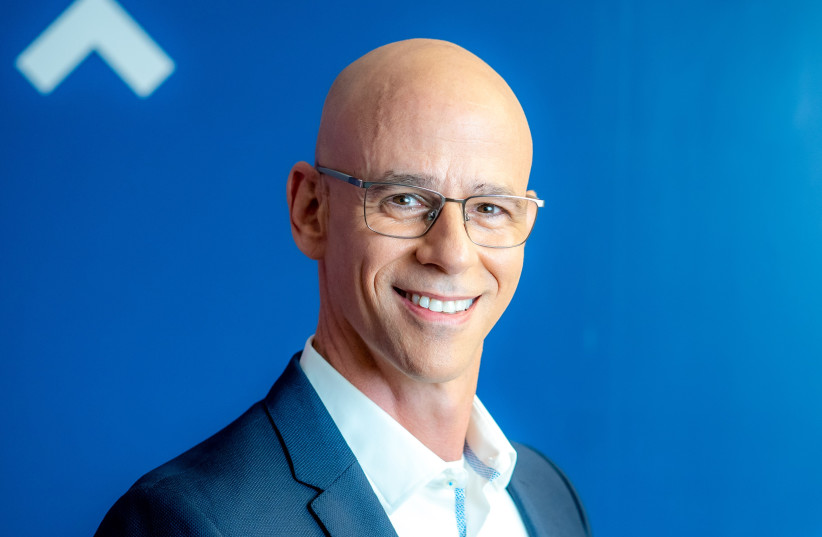Israel is arguably running low on hi-tech human capital. In response to this issue, many programs and initiatives have been launched to refill the somewhat drained talent pool. In an announcement on Thursday, the Israel Innovation Authority (IIA) announced that it has committed NIS 15 million toward solving the problem by promoting platforms and programs that aim to bring in skilled workers from abroad, and train those already in Israel.
The IIA will supply grants of up to 70% for programs, platforms and models that will help identify and place skilled human capital from abroad in the local hi-tech, including olim, those eligible under the Law of Return, returning citizens and foreign experts.
“We are sure that this diversification of manpower in the local ecosystem will help maintain local hi-tech’s position as a global leader,” said Dror Bin, the Innovation Authority’s CEO.
Other goals listed by the IIA are expanding the knowledge of new and existing staff in the life sciences field – specifically bio-convergence, which aims to connect life sciences and biology with the worlds of engineering and software. Financial grants will be provided to promote the training of relevant workers to work in this field.
“The field of bio-convergence can become another growth engine for the Israeli hi-tech industry,” said Bin. “To do this, we need to train quality human capital that combines different disciplines, such as biology and engineering.”

Requests for grants will be evaluated by several factors, including the level of innovation and uniqueness of the program; the company’s relevant experience and management capabilities; the relative growth of new or existing staff with high salaries; and the estimated number of those joining, being upgraded, or retention level of employees.
Notably, the IIA has stated its preference will be given to programs taking place (in full or in part) in Israel’s periphery, and to those in which women constitute at least 50% of the participants.
“The State of Israel is one of the leading technological centers in the world,” said Bin. “To preserve its status in the frequently changing world of technology, and considering the growth of international competition from other innovation centers, the Israeli government is investing great amounts in innovative programs to increase quality human capital for the local hi-tech industry.”
“At the same time, the Innovation Authority is working to promote groundbreaking training, career retaining and placement programs for the hi-tech professions and is also developing technological platforms that will help increase the volume of relevant human capital and provide upskilling for the existing hi-tech professionals,” he said.
“When there is mental diversity, the business results are better."
Dana Alexandrovich, deputy CEO and head of the marketing and strategic planning division at Microsoft Israel
Many programs in the country are currently targeting the untapped potential of periphery populations in Israel, such as Heznekim, which aims to increase the proportion of ultra-Orthodox men and women holding tech-related academic degrees; Masar for Hi-Tech, which equips Arab high schoolers in Israel with the tools necessary to further their education and hi-tech careers; and MentorMe, a mentoring program for female developers that enables women who are just beginning their careers to discuss the challenges they face in the industry.
Logistically, diverse hiring is a huge benefit for companies that have empty developer chairs they need to fill – but it can also lead to more effective work, as well. “When there is mental diversity, the business results are better,” said Dana Alexandrovich, deputy CEO and head of the marketing and strategic planning division at Microsoft Israel, during a women in tech event earlier this year.
“At Microsoft Israel, we currently have a representation of 66% women, but it does not end with representation,” she said. “It is important that everyone feels significant and that their opinion is heard in order to lead the company in significant directions for our customers and partners in their digital transformation.”
